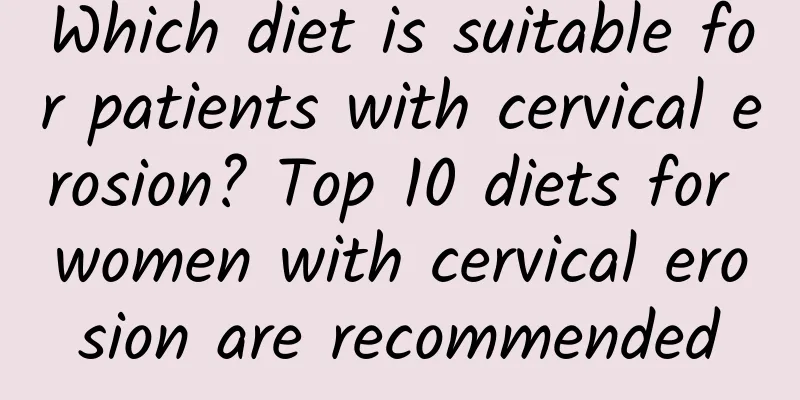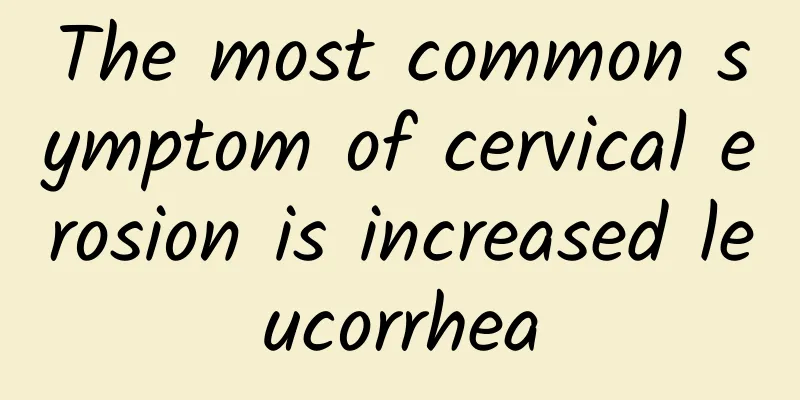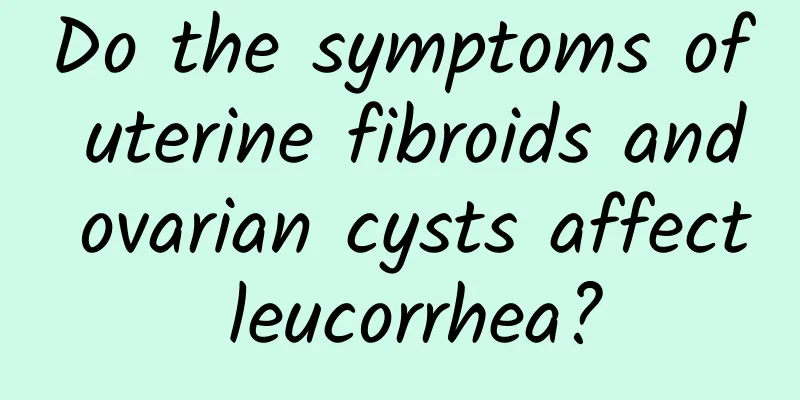Is eating fruit after a meal a magic weapon to help digestion? Nutritionist: Eating the wrong food may lead to obesity, beware of these three landmines

|
"Is eating fruit after a meal really a magic weapon to help digestion?" After a big meal, many people insist on eating fruit even though their stomachs are rumbling, thinking that it is a perfect way to end the meal. The reason is simple: they believe that fruit can help gastrointestinal motility and aid digestion. Is this true? Why do some people get fatter the more they eat? Are there any pitfalls to be aware of when eating fruit after a meal? Let’s hear what nutritionists have to say. Shin Kong Hospital nutritionist Li Yushan said that the digestion of food in the human body is mainly divided into: physical digestion (food chewing, mixing, grinding in the mouth and gastrointestinal muscle activity, mixing, stirring, etc.), and chemical digestion (using saliva, gastric juice, pancreatic juice and other digestive juices to convert large molecules into small molecules). The various glands of the body will secrete the necessary digestive enzymes to break down food. Indeed, some fruits contain decomposing enzymes (such as papaya, pineapple, etc.), which can moderately help digest and decompose protein. "Beware of Landmines When Eating Fruit After a Meal": Control the amount of fruit you eat However, what should you pay attention to when eating fruit after a meal? If you are full at the main meal, if you do not pay attention to the amount of fruit you eat after the meal, you may accidentally eat too much at one meal, resulting in excessive calorie intake at a single meal, or even excessive sugar intake. In the long run, it may cause obesity problems and easily cause blood sugar to rise too high, which can easily stimulate the secretion of large amounts of insulin and cause fat accumulation. Moreover, eating too much in one meal may cause stomach discomfort and indigestion. Therefore, the key to eating fruit after a meal is to control the portion and not eat too much. The recommended daily intake for adult women is 2 servings, and for men is 2-4 servings. Try to limit your intake to no more than 1 serving at a single meal. 1 serving of fruit is about the size of an average woman's fist, or a standard bowl (10 cm in diameter, 5 cm in depth) that is 80% full. Basically, the sugar content will not differ much. You can fill the required amount in advance to avoid accidentally eating too much. The key to eating fruit after a meal is to control the portion and not eat too much. "Beware of Landmines When Eating Fruit After a Meal 2": It is best to eat a variety of fresh fruits Nutritionist Li Yushan said that there is actually no limit to the types of fruits that healthy adults can eat after meals. The vitamins, minerals and phytochemicals in each fruit have their nutritional value, and different types of fruits can be consumed to obtain a variety of micronutrients. Next, it is best to eat fresh fruits instead of juicing them. For example, drinking 240ml of freshly squeezed orange juice is like eating at least 4-5 servings of fruit. After filtering the residue, the intake of dietary fiber is reduced, not to mention that most commercially available fruit juice drinks will add extra sugar for flavoring, which is an extra burden on the body. When is the best time of the day to eat fruit? Nutritionist Li Yushan said that you can eat fruit at any time. If you usually have afternoon tea or midnight snacks, it is recommended that you eat them between meals. You can replace snacks with healthy and nutritious fruits to satisfy your cravings or feel full, and it can also reduce the chance of consuming extra empty calories. "Beware of the third landmine when eating fruit after a meal": Diabetic patients should choose fruits with high fiber content However, you still need to pay attention to the amount of fruit you consume throughout the day. Eating too much fruit for a long time will still affect your health. In addition, people with diabetes and poor gastrointestinal function are reminded not to eat fruit on an empty stomach. Especially for diabetics, eating fruit alone can easily increase blood sugar. Try to choose fruits with higher fiber content (such as guava, cherry tomatoes, kiwi, etc.). When eating fruit, you can also eat it with some protein-containing foods or vegetables to delay the absorption of sugar and try to keep blood sugar levels stable. The most important thing is to control the intake throughout the day. It is generally recommended that diabetics do not consume more than two servings of fruit a day. Nutritionist Li Yushan reminds that a good way to help gastrointestinal motility and aid digestion after meals is to chew thoroughly and eat slowly and not overeat. (Photo provided by nutritionist Li Yushan) In particular, patients with chronic kidney disease should avoid eating carambolas to avoid the risk of neurotoxicity and nephrotoxicity; and be careful to avoid consuming high-potassium fruits (such as bananas, kiwis, dragon fruits, cherry tomatoes, cantaloupes, cantaloupes, red watermelons, etc.), especially patients with kidney disease whose potassium ions are already too high. [Nutritionist's Tips]: Nutritionist Li Yushan reminds that a good way to help gastrointestinal motility and aid digestion after meals is to chew thoroughly and slowly and not overeat; you should also develop a regular schedule, avoid staying up late, relax, and exercise moderately, which is the only way. |
Recommend
The main manifestations of early symptoms of ovarian cysts in women
Since ovarian cysts bring great harm to women'...
You can lose weight just by lying down! Stretching before bed to make you lean
There are hundreds of ways to lose weight, but th...
His face is as green as a bamboo shoot! Lotus leaf oolong tea for weight loss and complexion
"You'll get fat as soon as you drink wat...
What medicine can women take to cure functional uterine bleeding quickly?
Functional uterine bleeding can be treated throug...
Worried about your bra cup size shrinking after losing weight? 5 ways to successfully recover
Everyone knows that if you want to have MOMUCHAN ...
Crazy about this pot during Chinese New Year! Low-calorie matcha soy milk hotpot without gaining weight
During the Chinese New Year, people gather around...
What are the treatments for chronic adnexitis?
What are the treatments for chronic adnexitis? Ch...
Can congenital absence of vagina be cured?
Can congenital absence of vagina be cured? For a ...
What are the causes of irregular menstruation
Irregular periods can be caused by a variety of r...
Fat for Chinese New Year! 40% of people gain nearly 2kg without diet restrictions
During the Chinese New Year, many people relax an...
What are the causes of habitual miscarriage?
Habitual miscarriage troubles more and more women...
Long-term stimulation of chronic inflammation can easily lead to cervical hypertrophy
For us, cervical hypertrophy is a very common fem...
How much does it cost to check the thickness of the endometrium?
We all know that endometrial thickening can cause...
How to recover better after painless abortion
There are many precautions after painless abortio...
Can eating edamame rice increase satiety and help lose weight? High fiber, low sugar content, can also help lower cholesterol
The green and refreshing edamame is not only deli...









